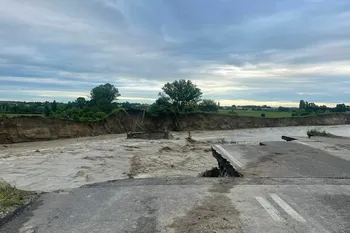Despite being one of the European Union's most important policies, cohesion policy is not well known or understood by most citizens. Yet the Cohesion Funds will be crucial to sustaining growth in Europe and reducing regional disparities after 2026, when the Recovery and Resilience Facility (RRF) will run out of money, unless the EU decides to issue new debt to finance it in the face of Mario Draghi's call for € 500 billion a year in investment to regain lost competitiveness.
Let's therefore briefly outline the historical function and evolution of cohesion policy up to the current programming period 2021-2027, which overlaps with the interventions envisaged by the RRF, and the debate on its revision in the light of the profound changes that have taken place in recent years. We refer not only to the pandemic and geopolitical crises, but also to the impact of energy and digital transitions and the EU's enlargement policy.
On the other hand, without a full understanding of the evolving context, it is not possible to discuss the future of cohesion policy, to hypothesise scenarios, to identify needs, problems and their solutions, and to assess the impact and benefits for the Community.








